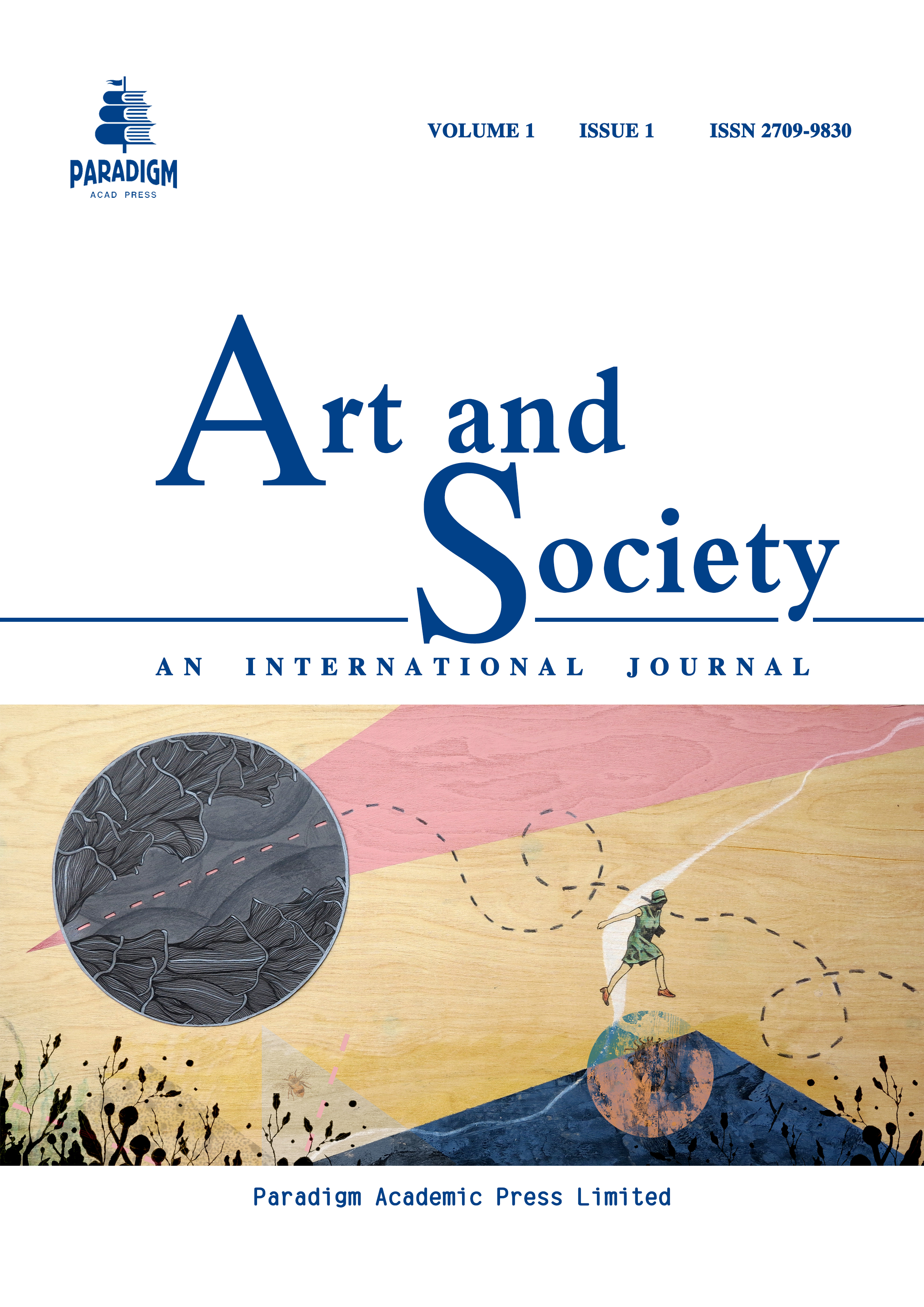The Protection of Consumers Against Dangerous Goods in Cameroon: An Overview of the Regulatory Framework
DOI:
https://doi.org/10.63593/AS.2709-9830.2025.09.002Keywords:
protection, consumer, dangerous goodsAbstract
Consumer protection in Cameroon gained legal recognition with the enactment of Law No. 2011/012 on Consumer Protection, which aims to safeguard consumers from unfair trade practices and unsafe products, including dangerous goods. This law, alongside other regulations on hazardous substances, seeks to ensure the safety, health, and economic interests of consumers in a rapidly evolving market environment. Despite the existence of legal frameworks, consumers in Cameroon remain vulnerable to the sale of dangerous and defective goods due to enforcement challenges, scattered regulations, and limited consumer awareness. This situation poses significant risks to public health and safety. This research paper critically assesses Cameroon’s legal and institutional frameworks in protecting consumers against the dangerous goods. The study employs a qualitative socio-legal approach, analyzing relevant statutes, case law, and regulatory policies. It also reviews secondary literature and official documents to evaluate the practical enforcement of consumer protection laws in Cameroon. Findings reveal that the 2011 Consumer Protection Law provides a comprehensive framework mandating product safety inspections, immediate withdrawal of hazardous goods, and penalties for illegal advertising and sale of dangerous products. However, enforcement is hindered by fragmented regulations, limited resources, and insufficient consumer education. Additional laws on explosives and hazardous waste complement consumer safety but require better integration and application. While Cameroon has established a solid legal foundation for consumer protection against dangerous goods, significant gaps in enforcement and public awareness limit its effectiveness. Strengthening institutional capacity and harmonizing regulations are essential to improve consumer safety. The research recommends enhancing regulatory enforcement agencies’ resources, promoting consumer education on product safety, improving coordination among relevant authorities, and establishing clear mechanisms for product recall and compensation to consumers harmed by dangerous goods.



